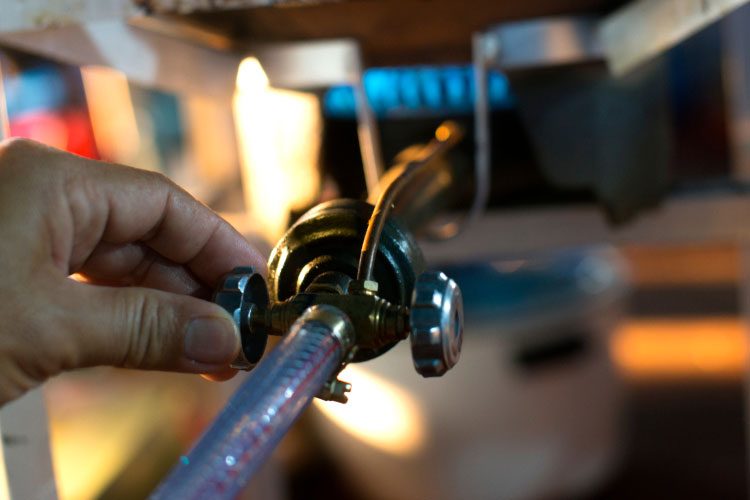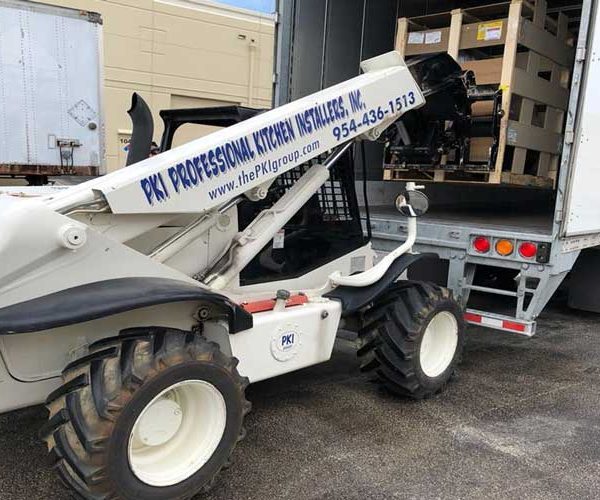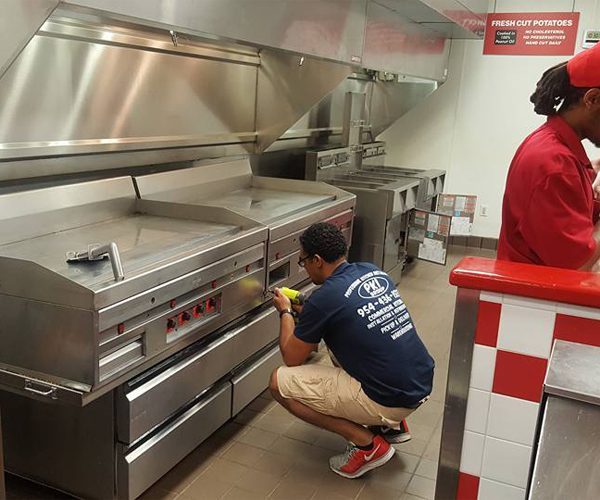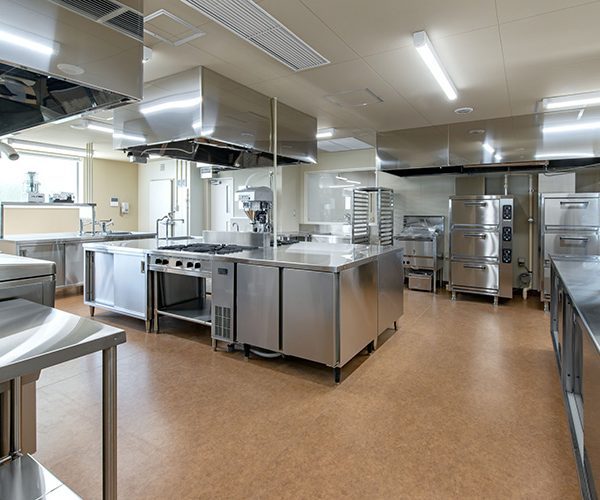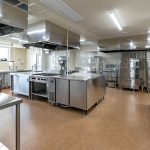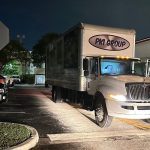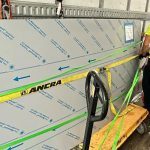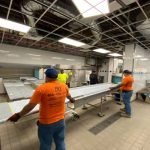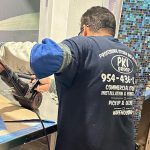For any restaurant, Efficient Gas Line Installation is essential for powering kitchen equipment and ensuring smooth operations. Proper gas line installation is critical to guarantee safety, compliance with regulations, and optimal performance. In this blog, we will explore the key considerations and steps involved in installing gas lines for restaurants, helping restaurateurs make informed decisions to meet their specific needs.
- Professional Consultation and Design
Before embarking on the gas line installation process, it is crucial to seek the guidance of a licensed professional or a reputable plumbing and gas service company. A qualified technician can assess the restaurant’s specific requirements, evaluate the appliances, and design a system that meets local codes and standards. Collaborating with experts ensures that the installation is done right from the start, avoiding potential hazards and expensive repairs in the future.
- Understanding Local Codes and Regulations
Each region or municipality has its own set of building codes and regulations that dictate the requirements for gas line installations in commercial establishments, including restaurants. Compliance with these codes is mandatory to ensure the safety of customers, staff, and the property. Working with professionals who are familiar with these codes can help navigate the complexities and prevent any compliance issues.
- Determining the Gas Load
Accurately assessing the gas load is essential to determine the appropriate pipe size and pressure requirements. The gas load is the total amount of gas consumed by all the appliances in the restaurant. A thorough inventory of the kitchen equipment, such as stoves, ovens, grills, fryers, and water heaters, should be taken into account. Sizing the gas lines correctly ensures that each appliance receives sufficient gas supply without compromising efficiency.
- Choosing the Right Pipe Material
Selecting the right pipe material is vital for the longevity and safety of the gas line installation. Commonly used materials include copper, steel, and flexible gas piping. Copper is durable and corrosion-resistant but may not be suitable for all applications. Steel is a robust option but can be susceptible to rusting if not adequately protected. Flexible gas piping offers versatility, making it easier to navigate around obstacles, but local codes may have specific requirements for its use.
- Ensuring Proper Ventilation
Proper ventilation is crucial in restaurant kitchens where gas-powered appliances generate heat, moisture, and combustion byproducts. Adequate ventilation prevents the accumulation of harmful gases, such as carbon monoxide, and reduces the risk of fires. A well-designed exhaust system should accompany the gas line installation to maintain a safe and comfortable environment for staff and patrons.
- Pressure Testing and Inspection
Once the gas line installation is completed, pressure testing is conducted to verify the integrity of the system. This test ensures that there are no leaks and that the system can handle the expected gas load. The system should only be approved after passing this pressure test. Additionally, a qualified inspector should verify that the installation meets all safety requirements before the restaurant starts its operations.
The PKI Group – Efficient Gas Line Installation
A reliable gas line installation is the backbone of any restaurant kitchen, ensuring seamless operations and safety. By seeking professional consultation, adhering to local codes, sizing the gas lines correctly, choosing the appropriate materials, providing proper ventilation, and conducting pressure testing and inspection, restaurant owners can have peace of mind knowing that their gas system is safe and efficient.
Remember, cutting corners during gas line installation can lead to dangerous consequences. It’s always best to invest in a high-quality installation carried out by experienced professionals to create a safe and efficient working environment for your restaurant. Call The PKI Group for a reliable gas line installation for a free estimate at 954-530-3757

